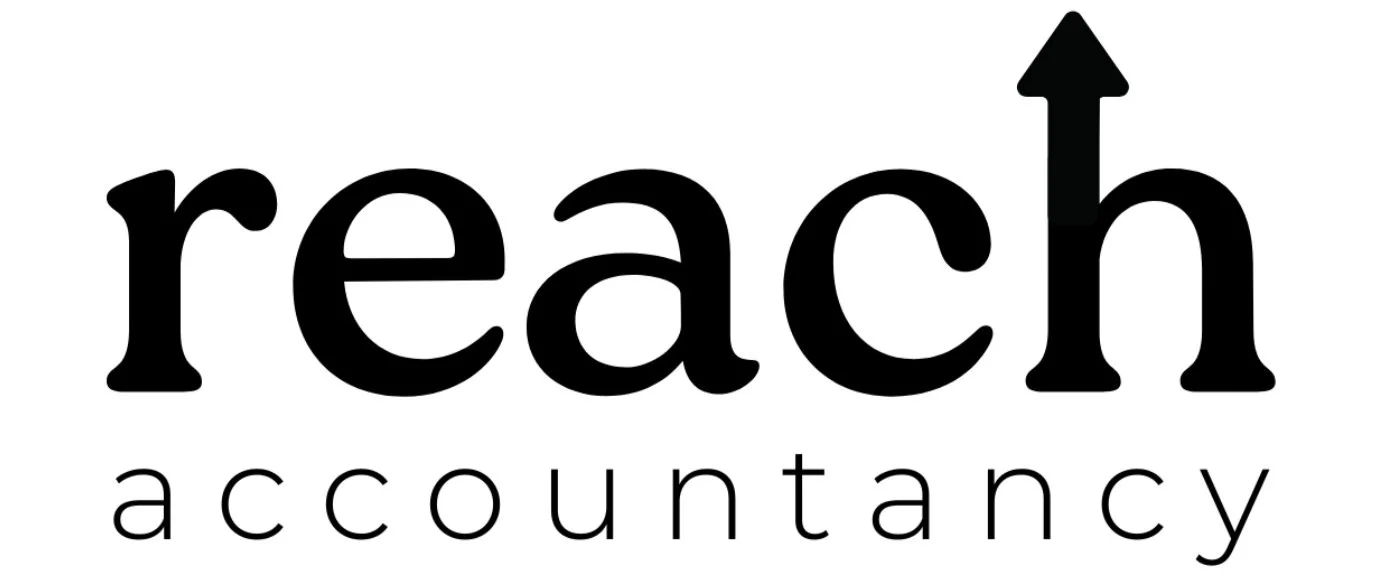Understanding Payments on Account for Personal Tax
If you're self-employed or receive income that isn’t taxed at source, you may be required to make Payments on Account towards your personal tax bill. These payments are designed to help spread the cost of your tax liability over the year, rather than settling it all in one go.
Payments on account are advance payments made twice a year towards your next Self Assessment tax bill. They are based on your previous year’s tax liability and include both Income Tax and Class 4 National Insurance contributions (if applicable).
Who has to make Payments on Account?
If you are self-employed, a landlord, or receive any income that isn’t taxed at source, you may need to make Payments on Account if:
the the amount of tax you owed last year was £1,000 or more; and
last year you paid 80% or more of the tax you owed for the year through Self Assessment (i.e. less than 20% of your tax was paid through other means including being taxed at source through the PAYE system on employment income, or your bank having already deducted the tax on your savings).
If you are due to make Payments on Account and you are already a Reach client, we will have let you know any amounts due when you approved your Self Assessment tax return. You can also log in to your HMRC online account to see any tax amounts due.
When are Payments on Account due?
There are two instalments each year:
31 January (alongside any balancing payment for the previous tax year)
31 July
Each instalment is typically 50% of your previous year's tax bill. If your tax liability ends up being higher or lower than the previous year, a final balancing payment or refund will be made when you submit your tax return.
Can they be reduced?
Yes. If you know your income will be lower in the current year, you may be eligible to reduce your payments on account. However, it’s important to calculate this accurately, as underpaying can lead to interest being charged.
How we can help
We’ll review your situation and help you decide whether a reduction in your Payments on Account is appropriate - making sure you stay compliant while managing your cash flow efficiently.
We’ll also prepare projections for your future tax liabilities, so you’re never caught off guard by unexpected tax bills.
And before the end of the tax year, we can recommend effective tax planning strategies to ensure you’re not paying more tax than necessary.
Need support with Payments on Account or your Self Assessment? Get in touch - we’re here to help.
Disclaimer: This article is for general information purposes only and reflects the law and guidance at the time of writing. It does not constitute professional advice. Please consult a qualified advisor before making financial or tax-related decisions.

